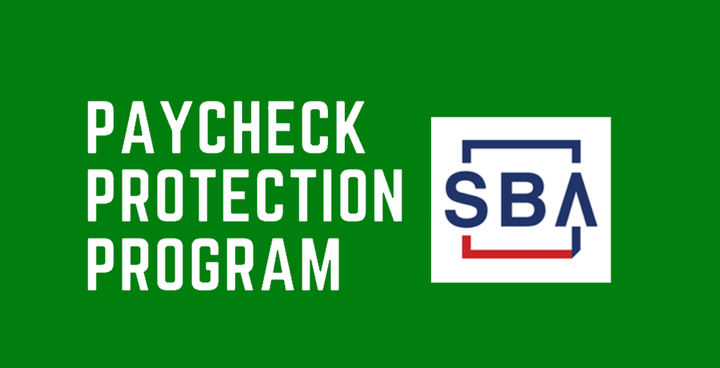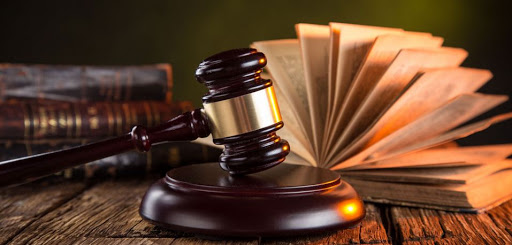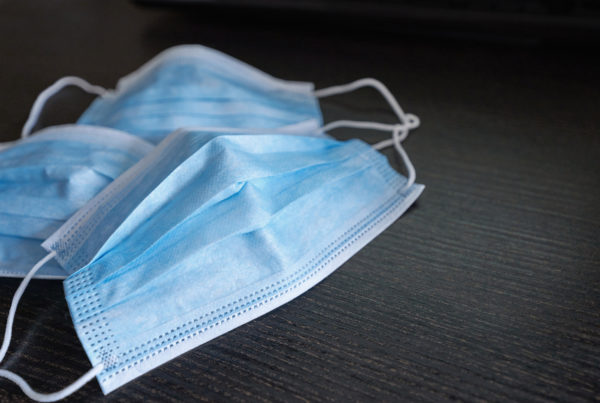Many businesses have obtained loans under the Small Business Administration’s (“SBA”) Paycheck Protection Program (“PPP”). Numerous of these businesses have or will soon apply to have part or all of these loans forgiven under the provisions and guidance issued by the SBA.
Hopefully your business, in obtaining its PPP loan and applying for its forgiveness, followed all PPP requirements and procedures.
What should you do, however, if the SBA notifies your company that it has decided either that it did not qualify for its PPP loan or is not entitled to partial or full forgiveness? How do you challenge that decision?
The SBA recently released an interim final rule (“Rule”) describing the appeals process.
A successful appeal could avoid your company having to return loaned funds and save your business significant sums.
A borrower has 30 calendar days from the earlier of the borrower’s receipt of a final loan review decision or the lender’s notification to the borrow of the decision, to file a written appeal with the SBA Office of Hearings and Appeals (“OHA”). The Rule is silent as to whether the lender’s notification must be written and, if so, whether email is sufficient. Therefore, it is important to monitor all communications from a lender to make sure the 30-day appeal deadline is not inadvertently missed.
A borrower may appeal a decision that finds that the borrower:
- was ineligible for the PPP loan;
- was ineligible for the PPP loan amount received or used the PPP loan proceeds for unauthorized uses;
- is ineligible for PPP loan forgiveness in the amount determined by the lender, in the lender’s full or partial approval decision issued to the SBA; and/or
- is ineligible for PPP loan forgiveness in any amount when the lender has issued a full denial decision to the SBA.
Only an official written decision by the SBA (“Decision”), not a lender’s decision, is subject to this appeal process. FOS has provided previous guidance on challenging a lender’s decision, which can be found here. Note that an appeal does not extend a loan payment deferral period of a PPP loan. If the SBA remits to the lender the PPP loan forgiveness amount set forth in the lender’s decision issued to the SBA, the borrower cannot file an appeal, and must begin repayment of any remaining balance.
A borrower must generally provide the following with its appeal petition:
- the basis for OHA’s jurisdiction;
- a copy of the Decision;
- a full and specific statement explaining why the Decision was erroneous, with factual information and supporting legal argument;
- the relief sought;
- signed copies of applicable payroll tax filings, and state quarterly business and individual employee wage reporting filings, and unemployment insurance tax filings;
- signed copies of applicable federal tax filings; and
- the borrower’s or its attorney’s contact information and signature.
Failing to include any of the above can result in dismissal of the borrower’s appeal.
OHA will assign an appeal to an Administrative Law Judge (“ALJ”). Upon receipt of the appeal petition, the ALJ will issue a deadline for the production of the administrative record (“Record”), which must contain relevant documents that the SBA considered in making the Decision. Upon receipt of the Record, the borrower has ten calendar days to object to the absence of documents the borrower believes should be included, or to the inclusion of documents that the borrower believes are privileged.
Most appeals will be decided on the Record, without a hearing. As a result, it is crucial for the borrower to include all arguments and supporting documents in its appeal filing, to carefully review the Record, and to diligently object to any missing documents.
The borrower must meet the high burden of proving, by a preponderance of the evidence, that the Decision was based on clear error of fact or law. The ALJ will issue an initial decision within 45 days after the close of the Record. If the borrower does not request further review or reconsideration within 30 calendar days after the initial decision’s service on the borrower, the initial decision will become final. Upon exhaustion of all administrative remedies, the borrower may seek judicial review in the federal court.
This is a complicated legal area, with strict deadlines and requirements. If you are not satisfied with your final SBA PPP loan decision, contact FOS to help you navigate through the appeals process.
Be well.





